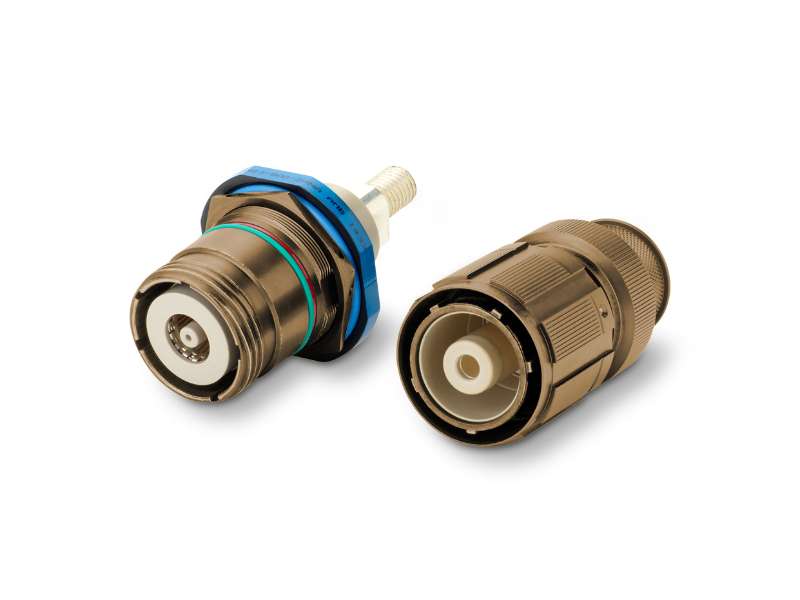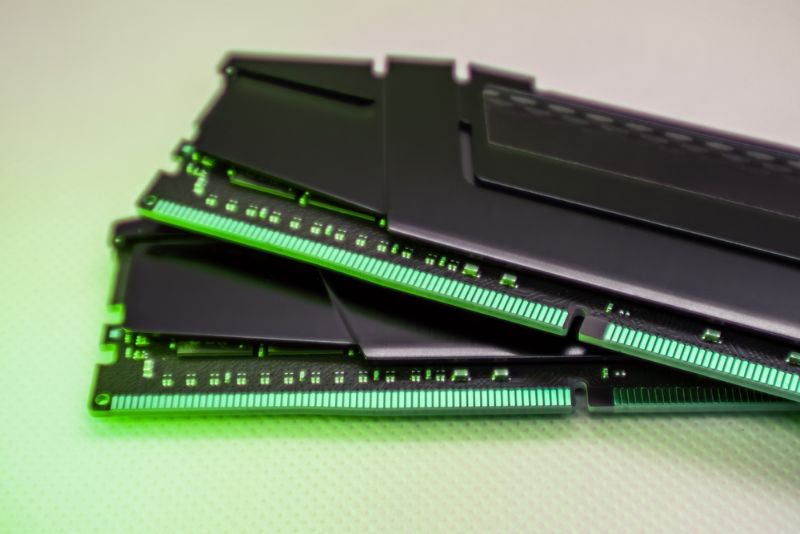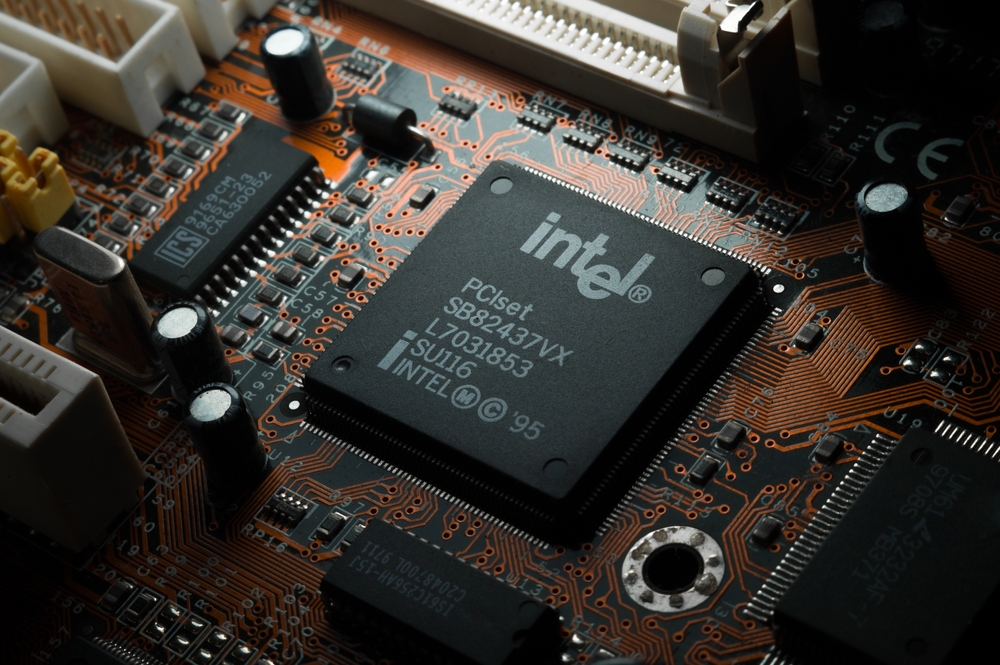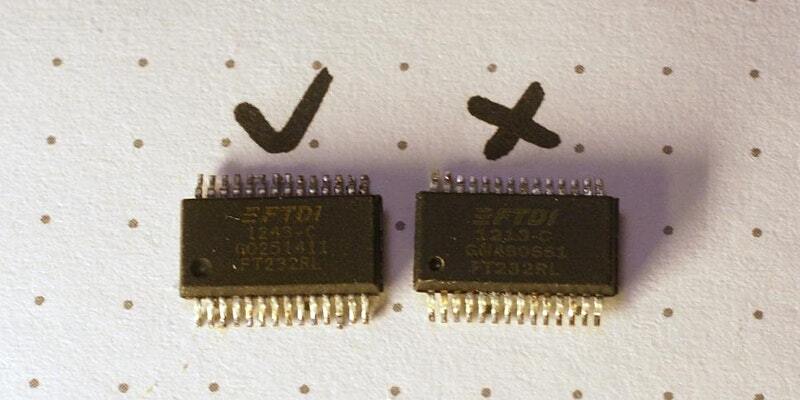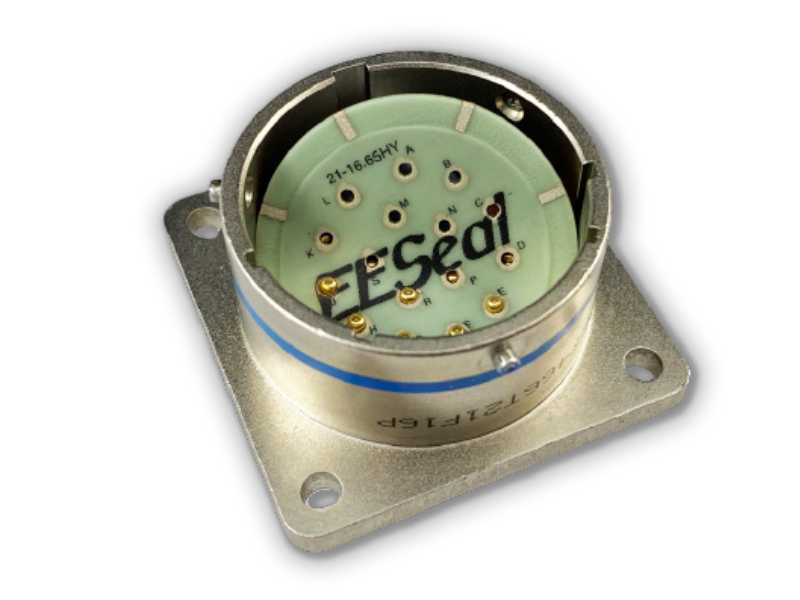EU countries have agreed to a €45b plan to fund the production of chips, Reuters reported.
The move is part of the EU plan to lessen its dependence on chips made in Asia and the United States. EU ministers are to meet on December 1 to effectively rubber stamp the chip plan. However, the plan will still need to be debated with the European Parliament before it can become law.
In March 2021, the EU, under its 2030 Digital Compass plan, announced it wanted to produce at least 20 percent of the world’s cutting-edge semiconductors by the end of the decade; this became known as the ‘European Chips Act’. Europe’s current share of chip production stands at just 8%, which is significantly down on the 24% seen in 2000.
Part of the European Chips Act was a 45-billion-euro fund “to prevent, prepare, anticipate and swiftly respond to any future supply chains disruption, together with Member States and our international partners. It will enable the EU to reach its ambition to double its current market share to 20 percent in 2030.”
To avoid electronics supply-chain disruptions, you may also wish to consult an expert in electronics component supply. With more than three decades of supply-chain expertise, Astute Electronics is ideally placed to work with you on your daily component requirements.
For more help with looking at supply chain options, contact Astute Electronics
